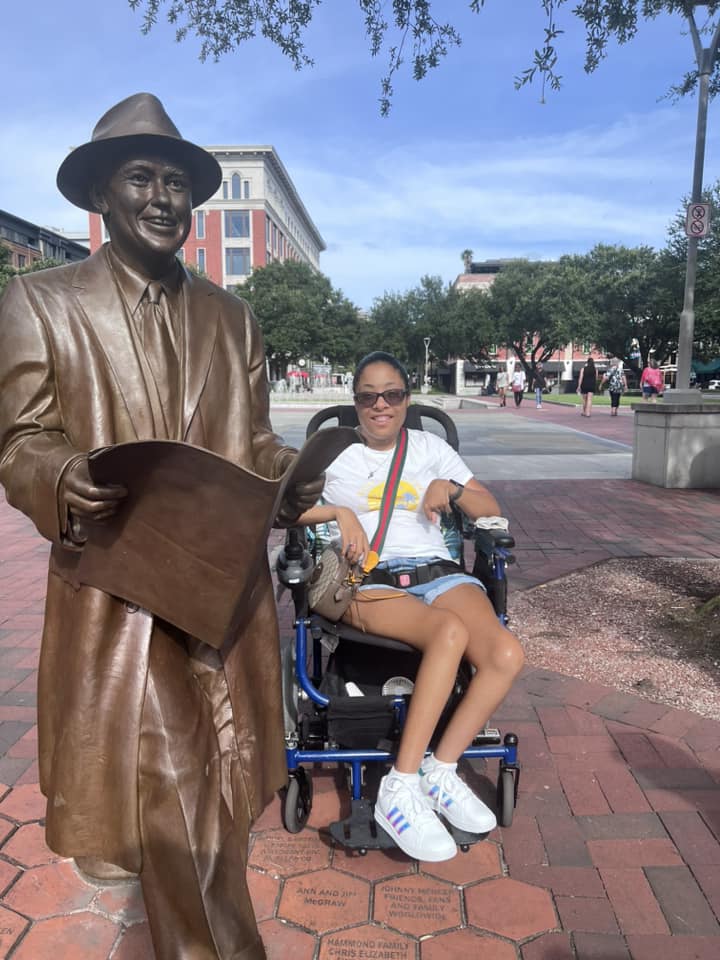We caught up with the brilliant and insightful Tylia L. Flores a few weeks ago and have shared our conversation below.
Tylia L., appreciate you joining us today. Parents play a huge role in our development as youngsters and sometimes that impact follows us into adulthood and into our lives and careers. Looking back, what’s something you think you parents did right?
I believe my parents especially my mother Lissette pushed me to always look through my obstacles and challenges in a positive way despite what others said about my cerebral palsy and what I couldn’t do . She been my biggest supporter for the past 30 years.
Tylia L., love having you share your insights with us. Before we ask you more questions, maybe you can take a moment to introduce yourself to our readers who might have missed our earlier conversations?
About Me / My Journey Hi — I’m Tylia L. Flores. I wear many hats: author, disability advocate, ordained faith leader, broadcaster, coach, and storyteller. I was born with Spastic Cerebral Palsy, and though it affects my mobility, it has never quelled my vision or my voice. Instead, I’ve leaned into it — transforming challenge into purpose, silence into advocacy, and limitations into a platform for others.
From childhood, I sensed something was missing in how society, media, and even faith communities portrayed people with disabilities. Too often, disability is framed as weakness, pity, or something to be “fixed” — but I believed it could instead be a source of empathy, strength, and testimony. So I began writing, speaking, and sharing — not to be a “token voice,” but to be a full, vibrant human with faith, flaws, struggles, and gifts.
What I Do / What I Offer
My work spans several domains — because I believe the message needs to be fluid, accessible, and multichannel. Here are the core offerings I provide:
1. Books & Written Works
I am a multi-published author, writing memoirs, devotionals, poetry, short stories, and more.
Different & Able
+2
+2
One of my works is Disability Ministry Workbook: Building Inclusive Churches with Grace, Hope, and Joy, a practical guide for faith communities seeking to be more inclusive.
Amazon
+1
I also have a book titled Unapologetically American: Disability Does Not Define My Vote, which expands into social, political, and identity dimensions of disability.
Google Books
Through writing, I seek to share real voices, stories, heartbreak, triumph — not sanitized or sugarcoated, but honest, raw, hopeful.
2. Faith / Ministry / Chaplaincy
I am licensed and ordained through the Christian Leaders Institute Alliance. In my portfolio of roles, I serve as Apostle, Missionary, Elder, Deacon, Ministry Officiant, Chaplain (school, EMS / fire, visitation), Life Coach Minister, Youth Minister, Officiating Chaplain, and more.
Tylia Flores
I officiate weddings, funerals, ceremonies, lead Bible studies, mentor, counsel, and provide spiritual support across settings.
I founded Able by Grace Ministries, a faith-based vehicle through which I aim to equip others and spread the mindset that “ability” transcends physical limitation.
I created Strength Through Christ Coaching, a Christian life coaching program specifically tailored to believers with disabilities — helping them grow in purpose, confidence, and spiritual boldness.
3. Broadcasting, Podcasting & Media
For six years, I hosted Stomping on CP Radio, blending music, storytelling, interviews, advocacy, and encouragement for those with cerebral palsy and allies.
Tylia Flores
Currently, I host Ty’s Country Rewind (with Johnny Rock ’N’ Roll Radio) and co-host Palsy Power with my partner Cody McWhorter, where we discuss faith, love, disability, day-to-day life, and breaking stigmas.
4. Advocacy, Coaching, & Representation
My advocacy centers on amplifying disability representation — in media, in Christian communities, in culture. I strive to be a voice for those often unseen, marginalized, or mislabeled.
Through coaching and mentorship, I help individuals with disabilities to reframe how they see themselves: from “limited” to able, from hidden to visible, from shame to purpose.
I also consult with churches, organizations, and communities to help them become more inclusive, accessible, and thoughtful in how they engage people with disabilities.
What Problems I Address / Needs I Serve
Here are the key challenges I aim to alleviate or transform:
Underrepresentation & Stereotyping
Many people with disabilities have little visible role models in faith, media, literature, or leadership. My work brings real stories and complexity to the forefront — to counter pity, tokenism, or erasure.
Spiritual & Emotional Isolation
Navigating faith, identity, rejection, insecurity — these are universal struggles, but they can feel magnified when your body functions differently. I offer encouragement, insight, compassion, and frameworks to strengthen faith even in hardship.
Churches & Communities Unrealized in Accessibility
Many congregations want to be more inclusive but don’t know the “how.” My resources, coaching, workshops, and workbooks aim to help them shift theology, structure, language, attitude, and practice toward genuine inclusion.
Purpose Clarity & Empowerment for People with Disabilities
Society sometimes frames disabled people as passive recipients rather than active contributors. Through coaching, mentoring, and example, I help people with disabilities realize their gifts, voice, and calling.
Breaking Barriers in Relationships / Social Spaces
Through media and conversation, I help people see that people with disabilities deserve dignified romantic relationships, full voice, agency, and love — not pity or invisible walls.
What’s a lesson you had to unlearn and what’s the backstory?
For a long time, I believed that in order to be accepted, I had to make myself smaller — that loving myself as a woman with cerebral palsy somehow depended on other people seeing me as “normal.” That’s the biggest lesson I’ve had to unlearn: that my worth was ever conditional.
Growing up, I heard and saw what society thought disability should look like — quiet, hidden, inspirational only when convenient. I was teased, stared at, and treated like my body and my voice were flaws to be fixed instead of parts of my purpose. And after hearing those messages for so long, I started to believe them.
I remember looking in the mirror and thinking I had to apologize for the way God made me. I’d ask, “Would people love me more if I didn’t use a wheelchair?” or “Would they listen if I didn’t speak differently?” That kind of thinking became a heavy chain — one that followed me for years until I realized the truth: God didn’t make a mistake.
Through my writing, advocacy, and ministry, I began to understand that my cerebral palsy wasn’t holding me back — it was shaping my calling. The more I wrote about my experiences and used my platform to tell the truth about living with a disability, the more I found freedom. Every story I shared, every podcast episode I hosted, and every young person I mentored reminded me that self-love is not selfish — it’s survival.
Unlearning that old belief didn’t happen overnight. It’s something I still practice daily — looking in the mirror and saying, “I am able by grace.” I’ve learned that my worth doesn’t need permission, validation, or perfection. It’s rooted in purpose.
Now, I don’t see my disability as a weakness — I see it as the lens through which I’ve learned empathy, patience, and resilience. It’s what makes me the advocate, author, and minister I am today.
If there’s one thing I want people to take away from my journey, it’s this:
You don’t have to hide the parts of yourself that make others uncomfortable. You are fearfully and wonderfully made, and the moment you stop apologizing for that is the moment you truly begin to live.
Any stories or insights that might help us understand how you’ve built such a strong reputation?
“I believe my reputation in this space rests on three intertwined roots: authenticity, consistency, and service. Because I live with cerebral palsy, I don’t speak about disability from a distance — I live it. When I share a story, a doubt, a tear, or a triumph, I do so as someone walking that path. And I’ve simply stayed aggressive in showing up: writing book after book, hosting radio and podcasts, coaching, ministering. People begin to see that I’m not a flash — I’m committed.
But perhaps most importantly, I didn’t build a ‘platform’; I built relationships. When someone sees me in public, I don’t avoid questions — I welcome them. If someone reads something I wrote and reaches out, I respond. Every interaction is a chance to humanize disability, to shift minds, to embody my message. Reputation grows where people feel seen, heard, understood — and I try to make every touchpoint do that.”
Contact Info:
- Website: www.tyliaflores.com
- Instagram: https://www.instagram.com/stomping_on_cp_with_tylia/
- Facebook: https://www.facebook.com/Stompingoncpwithtylia
- Linkedin: https://www.linkedin.com/public-profile/settings?trk=d_flagship3_profile_self_view_public_profile
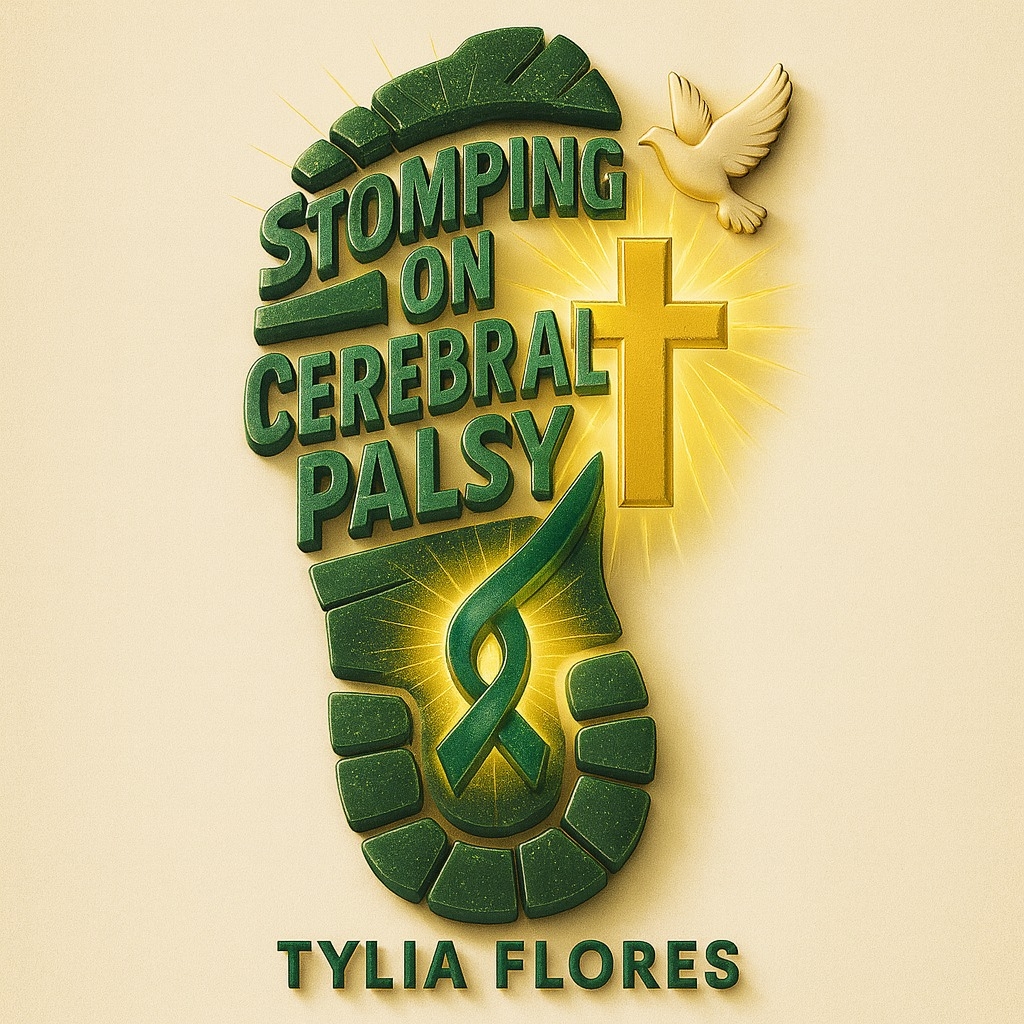
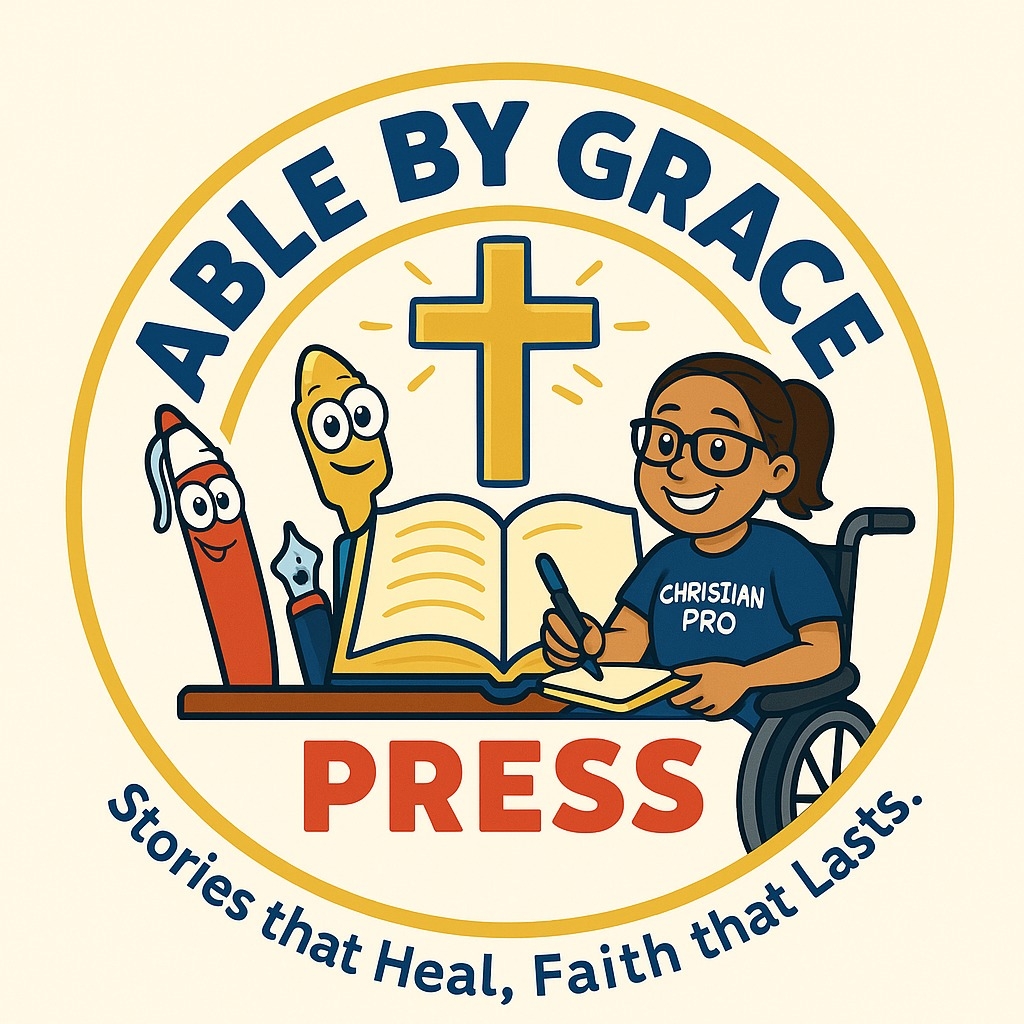
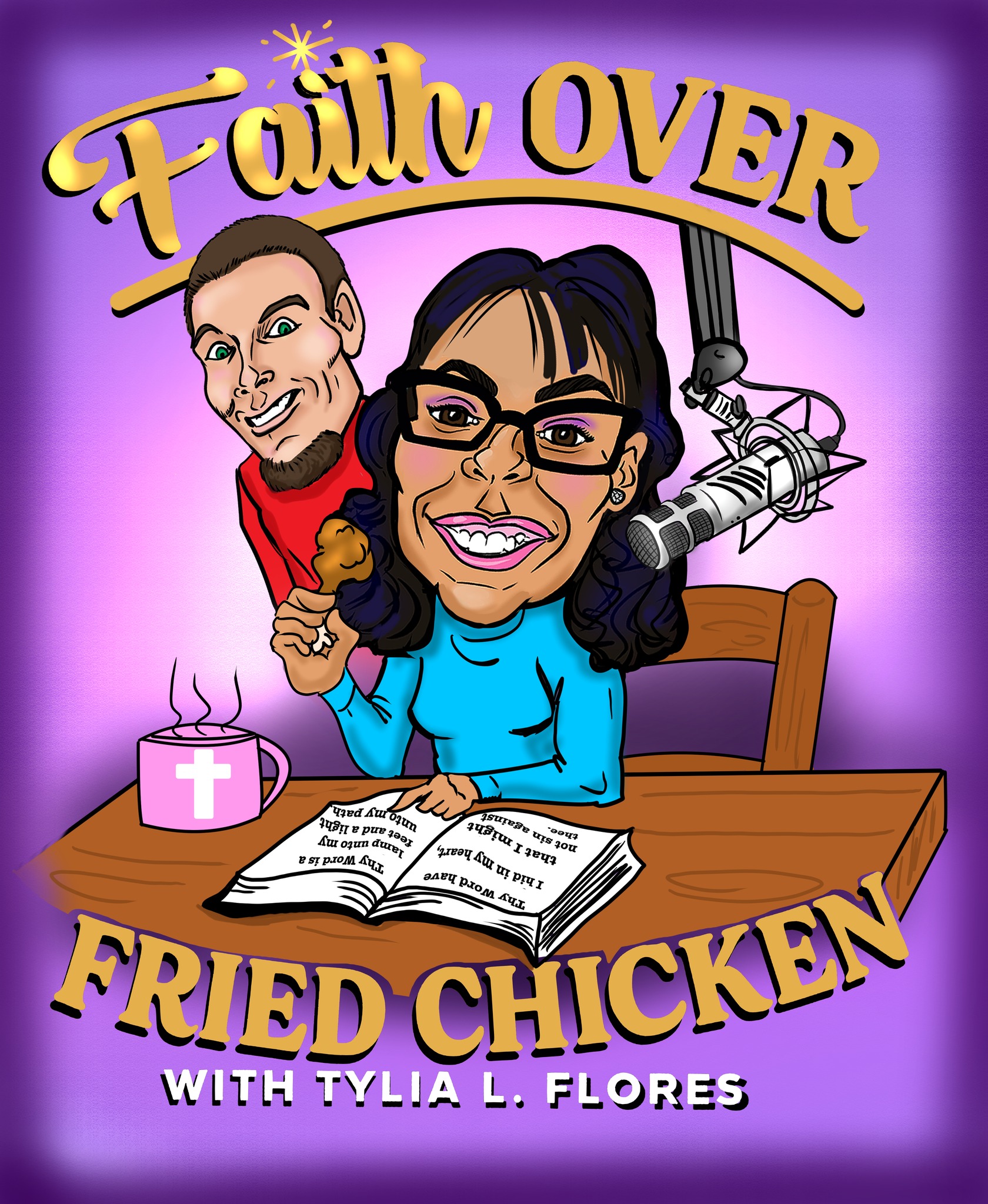
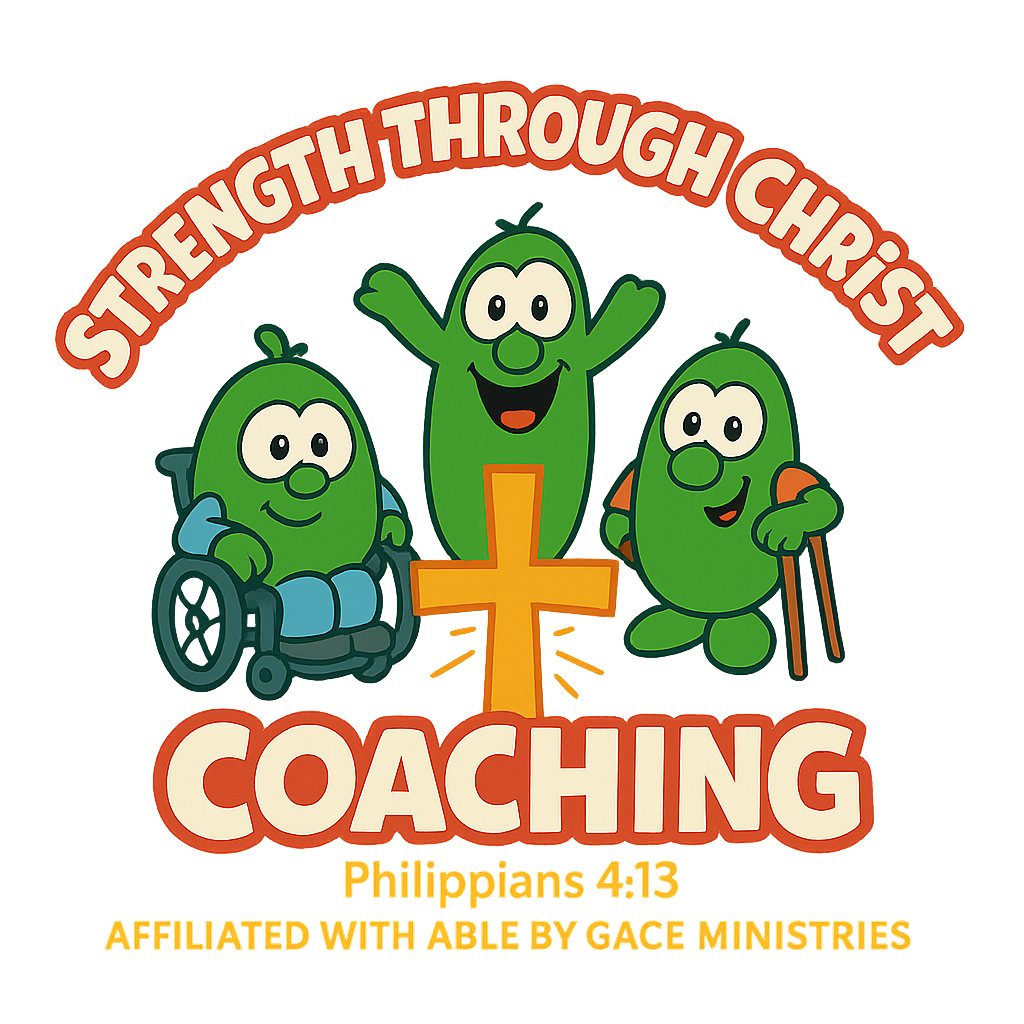
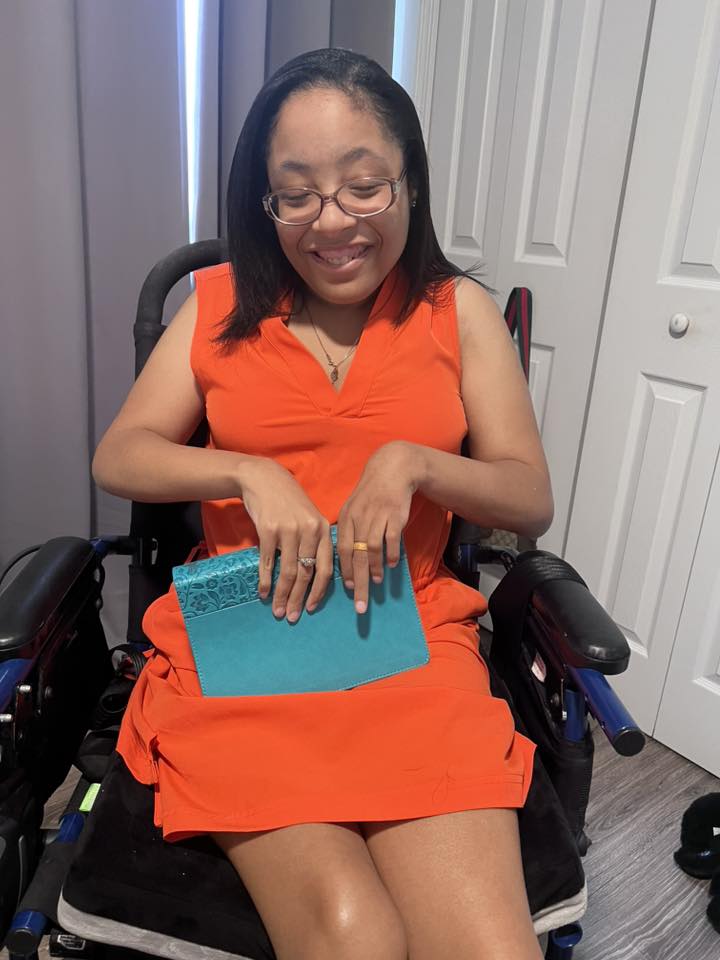
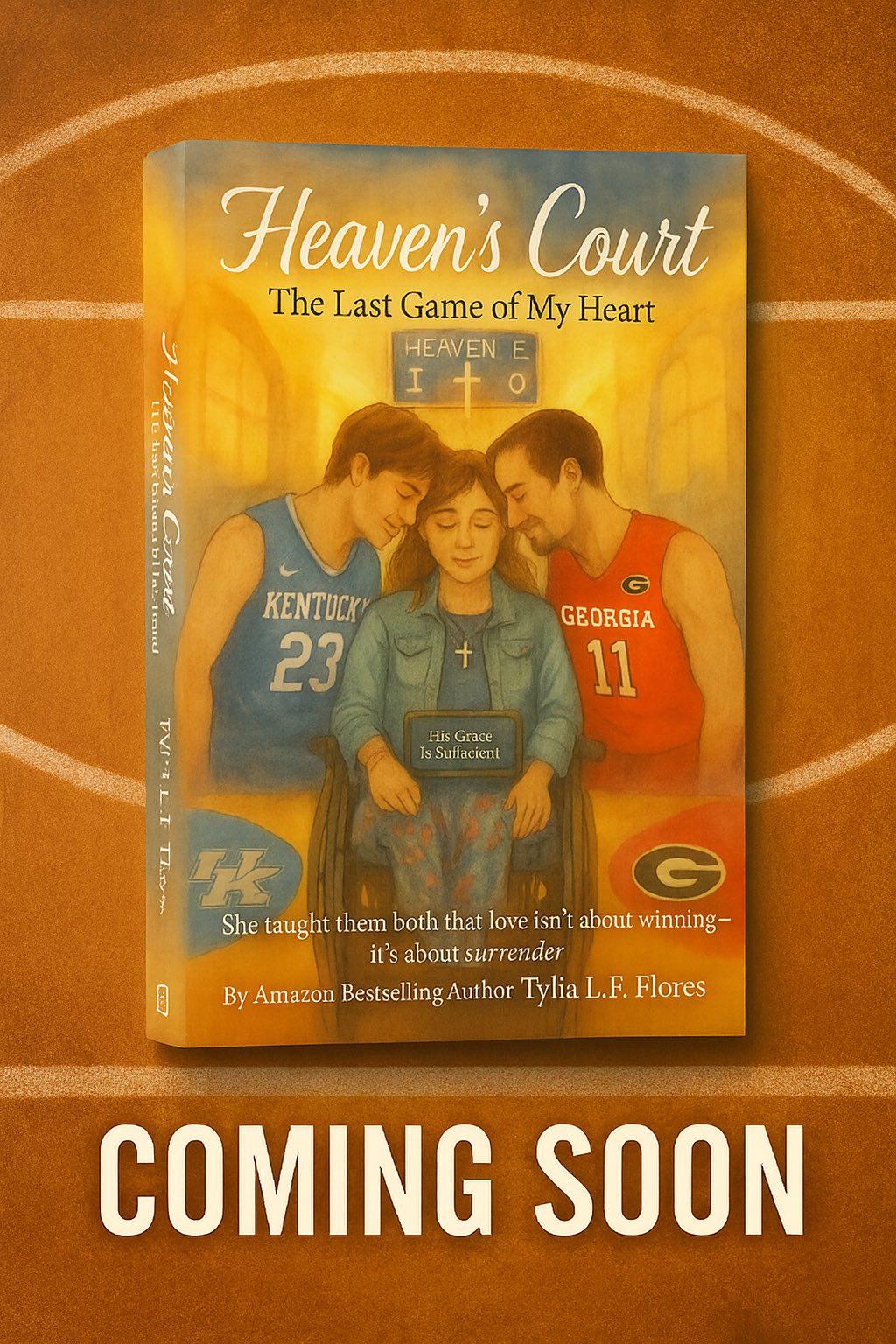

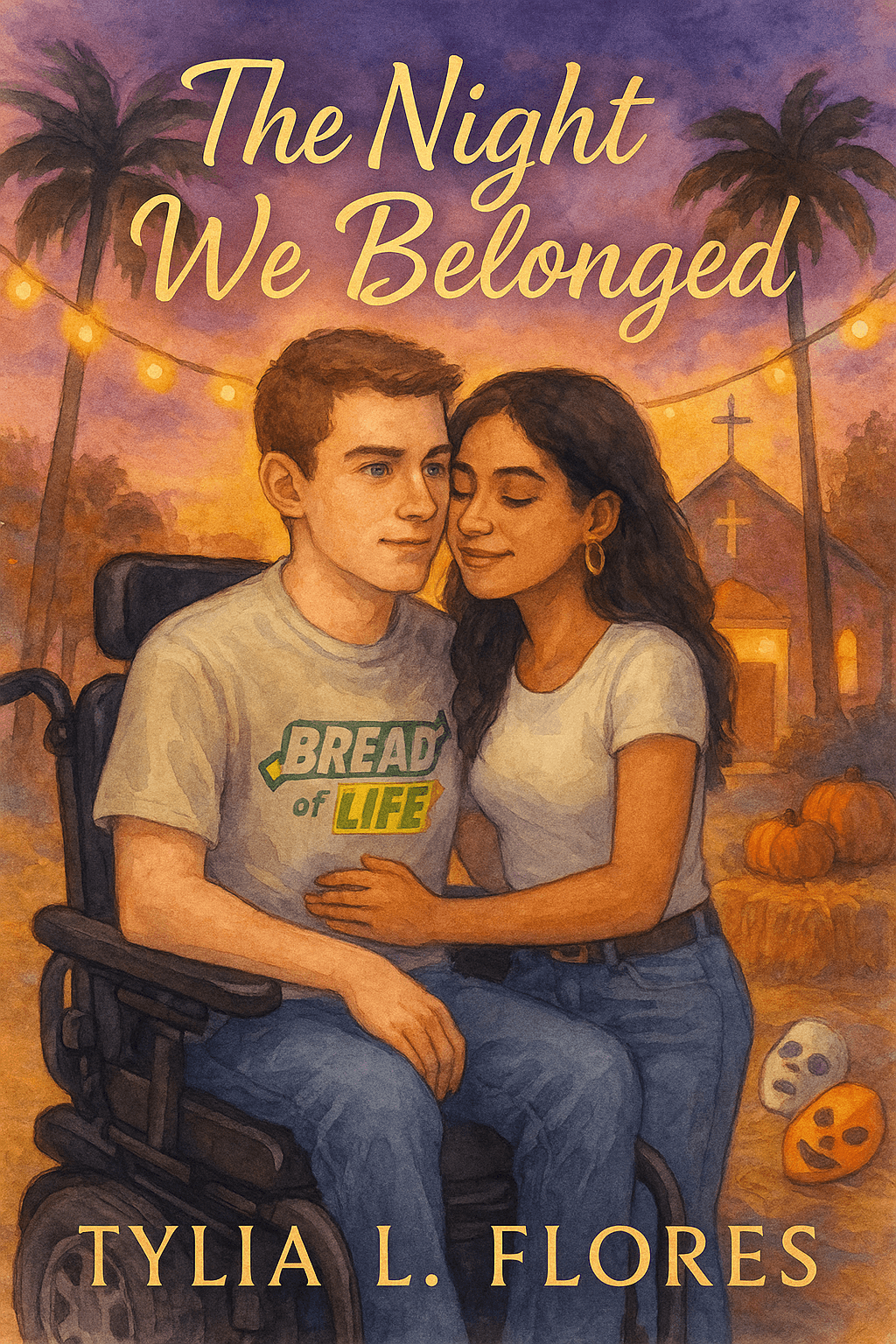
Image Credits
Tylia L. Flores


